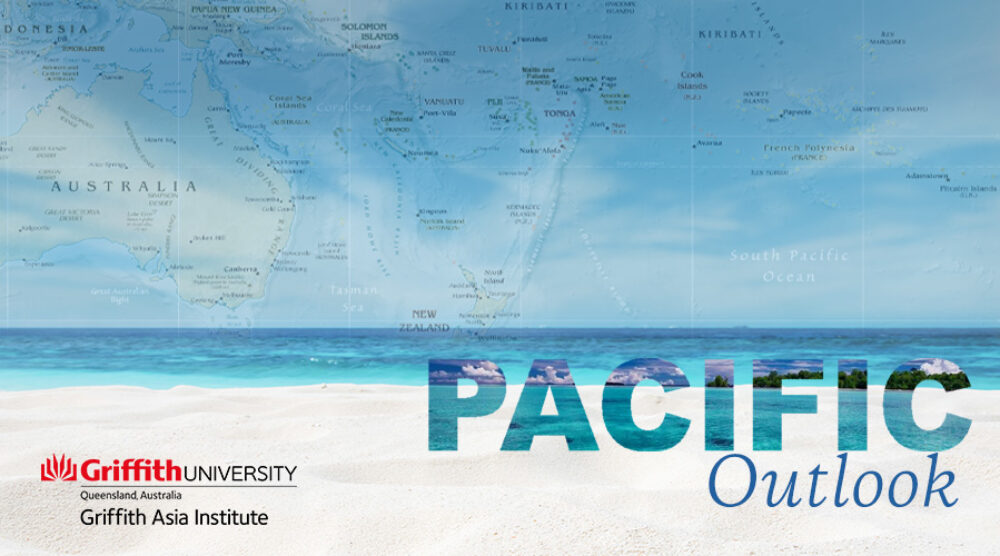COVID-19 impacts felt across the region
The impacts of the global pandemic that is COVID-19 are being felt across the region. Several countries have declared states of emergency and closed their borders. There are confirmed cases in Fiji, Papua New Guinea, New Caledonia, French Polynesia, the Northern Mariana Islands, and Guam. In other countries there have been suspected cases and most countries have very limited access to testing facilities. The shutdown of international travel has had a serious impact on countries that rely on tourism for employment and economic activity. There have already been a number of closures of resorts and significant job losses in countries such as Fiji and Vanuatu. Authorities in many countries have introduced strict social distancing measures, with schools closed in several places and the use of curfews in some countries to limit movement in an attempt to prevent transmission.
Counting in Vanuatu delayed
The counting of votes in the Vanuatu elections has been delayed. The official results are expected during this week. As well as delays in getting ballot boxes returned to the Electoral Commission, there was also the untimely death of Martin Tete, the chair of the Electoral Commissioner, to contend with. A new chair has now been appointed allowing the process to resume. The caretaker Council of Ministers met to confirm their advice to the President to declare a State of Emergency last week in response to the COVID-19 pandemic. It will last for two weeks but can only be extended by the Parliament. Unofficial results show that there are four parties with a base that makes them strong contenders for being part of the next governing coalition. The lobbying and negotiating as to how that government might look is already well underway.
African swine fever in Papua New Guinea
The government of PNG has confirmed that African swine fever is present in the country. This comes weeks after reports started to circulate of large numbers of pigs dying in some parts of the country. John Simon, the Minister for Agriculture, has confirmed that Mendi in the Southern Highlands appears to be the epicentre of the disease. It is estimated that nearly 400 pigs have already died from the disease. The government has announced a number of measures designed to limit the spread of the disease. They include designating three provinces as disease areas. The presence of African swine fever poses a serious risk to the entire pork industry of the country. Pigs are highly valued for their cultural significance as well as being essential in terms of food security in rural and remote areas of Papua New Guinea.
US support to territories and freely associated states
The US government has recently passed the Coronavirus Aid Relief and Economic Security (CARES) Act. It provides for $55million of support to be made available to US territories such as Guam, the Northern Marian Islands, and American Samoa. The Freely Associated States (FAS) of Federated States of Micronesia, Marshall Islands and Palau will also receive some of this funding. A further proposal made to the House of Representatives recommends that the provision of Medicaid to citizens of the FAS who are resident in the USA be reinstated. Meanwhile, work is proceeding in negotiating the renewal of the compacts of free association, which are due to expire in the near future. Doug Domenech of the Department of Interior has said that he hopes that the negotiations with the Federated States of Micronesia and the Marshall Islands will be concluded this year. He acknowledges that the impacts of COVID-19, including travel restrictions, are having an effect on the process.
Australia’s responses to the Pacific
Further to a virtual meeting of G20 leaders, the Prime Minister of Australia, Scott Morrison, released a statement saying that he had stressed to that group the need to support Pacific island countries to address the impacts of COVID-19. Australia, together with New Zealand, is funding a Pacific specific response by the WHO. Australia has also provided support by way of technical advice, some supplies and access to testing facilities for countries that do not have them. More recently, the government advised that $22million of the existing aid allocation for PNG will be repurposed to the COVID-19 response. It is likely that similar steps will be taken in other countries in the immediate to short term. However, what is yet to be revealed is whether Australia has either the fiscal space or, more significantly, the political will to allocate new funding to support its ‘Pacific family’ in the longer term when the economic impacts take hold.
Tess Newton Cain is an Adjunct Associate Professor at the Griffith Asia Institute.








